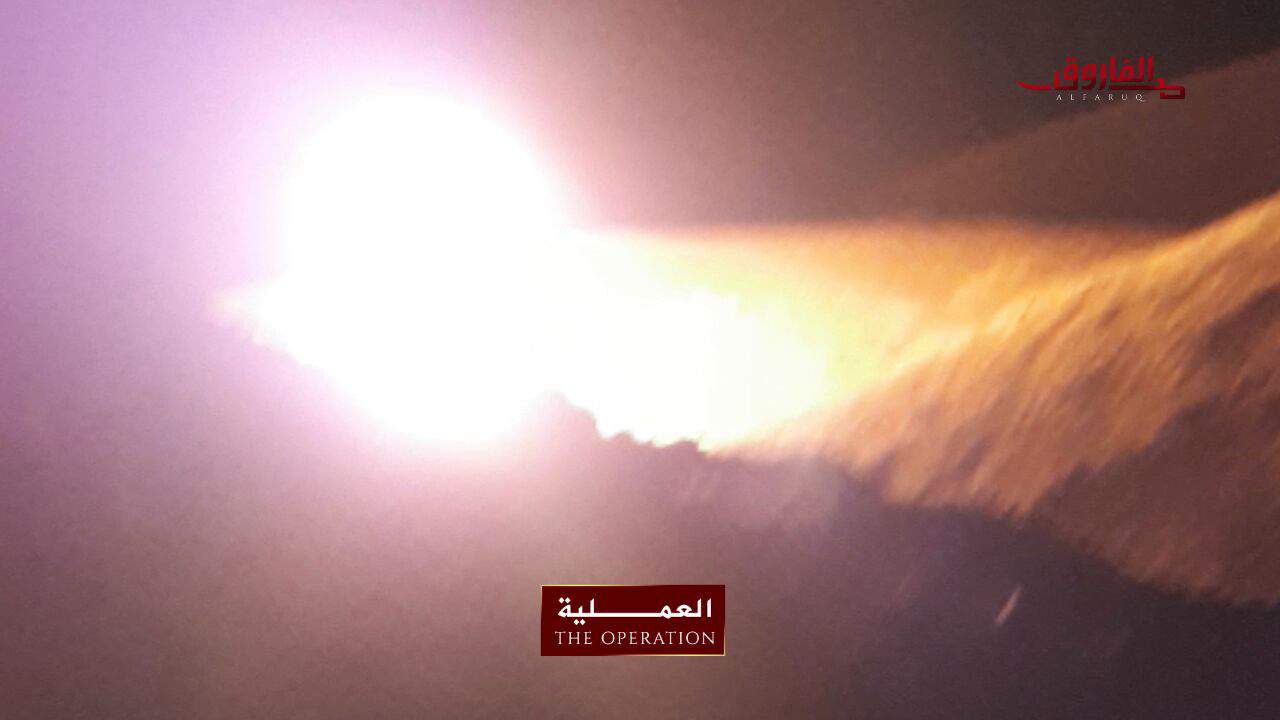
Iran-based jihadist group claims attack on oil pipeline
Ansar al Furqan, an al Qaeda-linked jihadist group, claims to have bombed an oil pipeline in the area of Ahvaz, Iran. However, the group’s claim could not be independently verified.

Ansar al Furqan, an al Qaeda-linked jihadist group, claims to have bombed an oil pipeline in the area of Ahvaz, Iran. However, the group’s claim could not be independently verified.
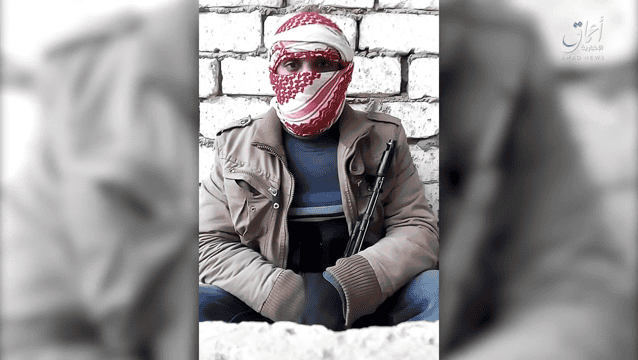
The Islamic State has claimed responsibility for an attack outside of a Coptic Church in a southern suburb of Cairo earlier today. The assault is one in a series of operations targeting Coptic Christians in Egypt since 2016.
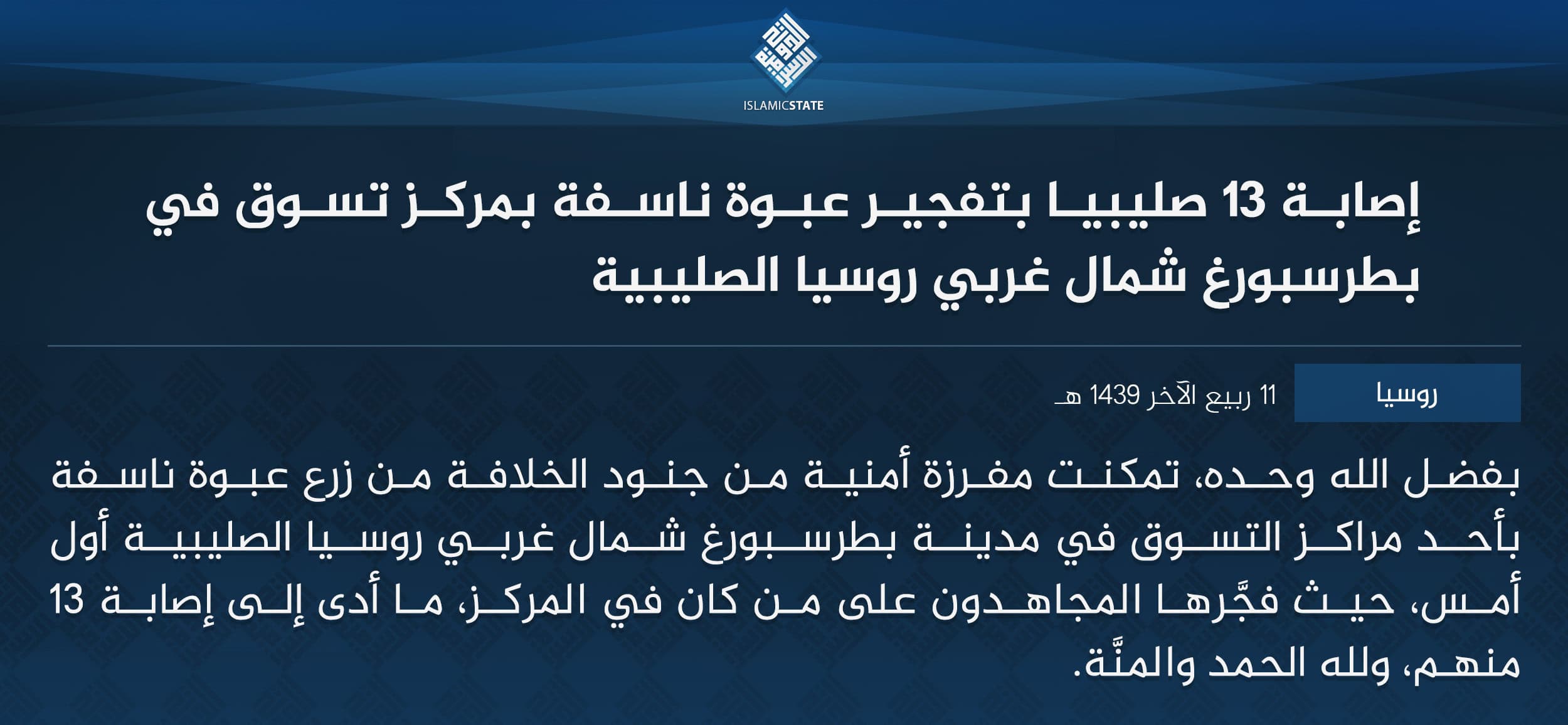
The Islamic State has claimed responsibility for the Dec. 27 bombing at a supermarket in St. Petersburg, Russia. The city has been targeted by jihadists several times this year. The US claimed earlier this month that another major plot inside St. Petersburg had been thwarted.
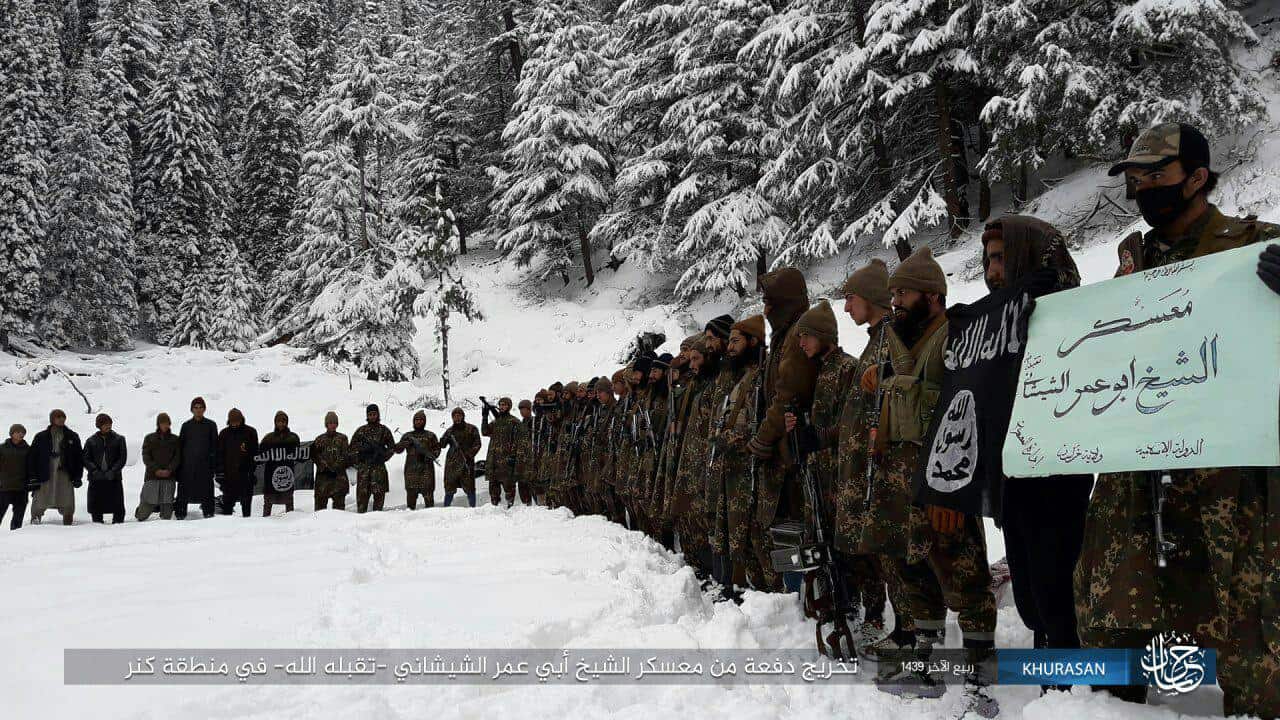
Dozens of civilians were killed during a bombing at the Tabayan cultural center in Kabul, Afghanistan earlier today. The Islamic State’s Khorasan “province,” which regularly targets Shiite civilians and places of worship in Afghanistan, quickly claimed responsibility.
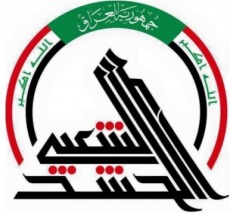
Iraqi-Shiite Grand Ayatollah Ali Sistani announced his support of the Popular Mobilization Forces (PMF) and “requested that all weapons come under government’s control.”

At least 17 Shabaab fighters were killed and a suicide car bomb was destroyed in two strikes that have taken place in Somalia over the past four days.
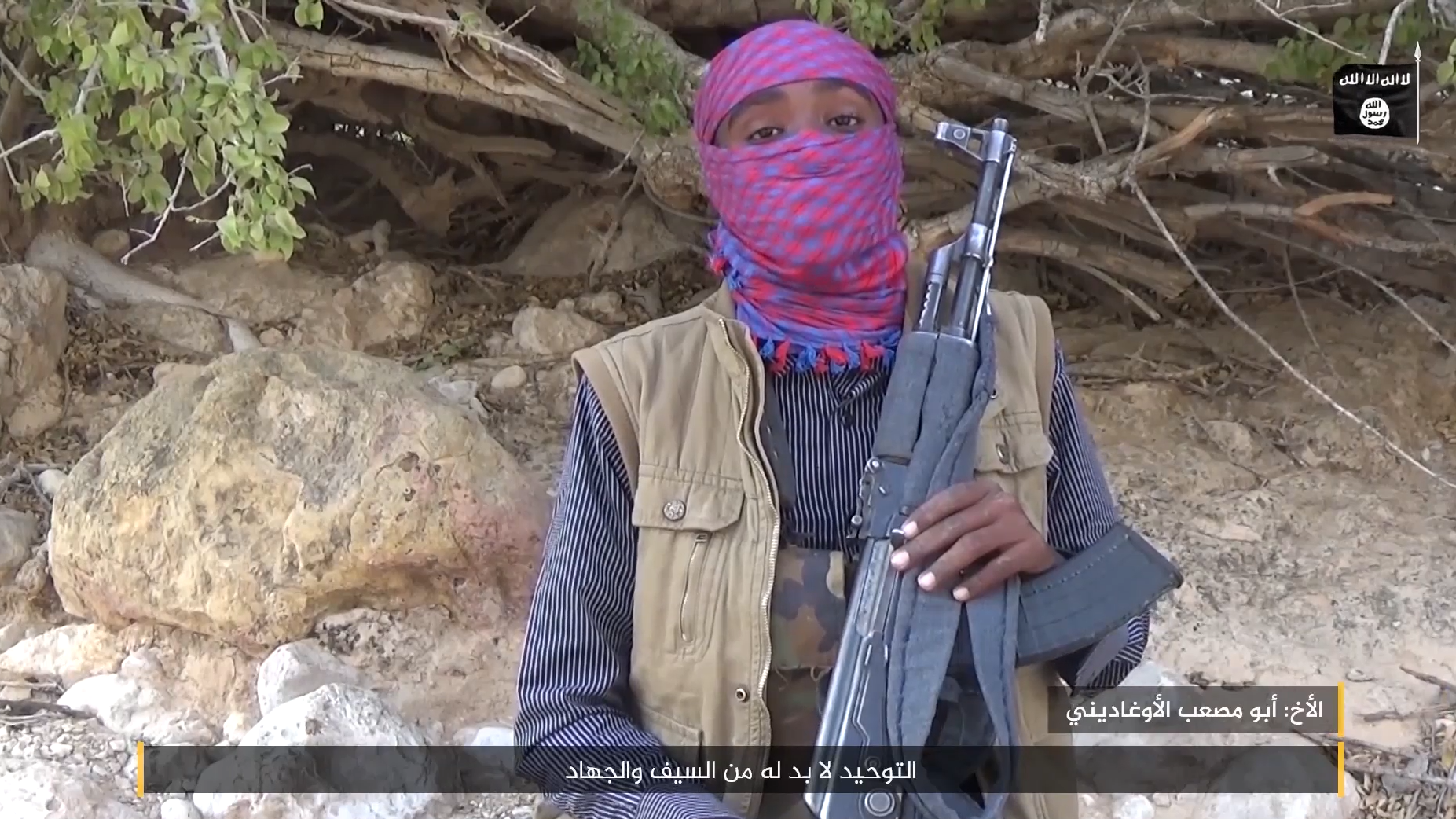
On Dec. 25, the Islamic State released a video promoting its fighters in Somalia and inciting attacks in the West. The group’s propagandists referred to the cadre as the Islamic State’s Somali “province.”
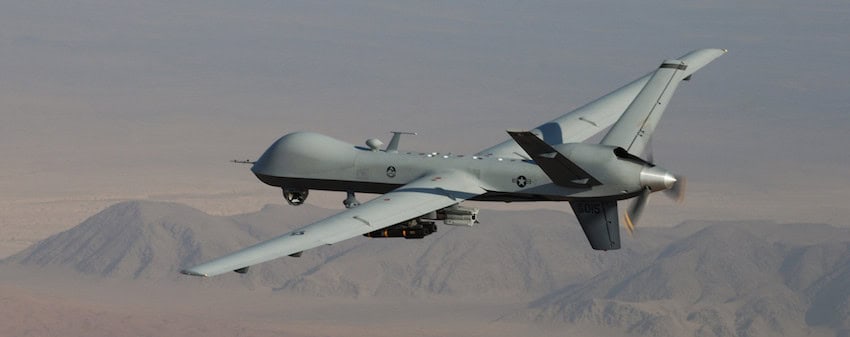
Jamiuddin, was a “trusted man” within the Haqqani Network, a subgroup of the Afghan Taliban, who helped fighters move from Pakistan to Afghanistan.
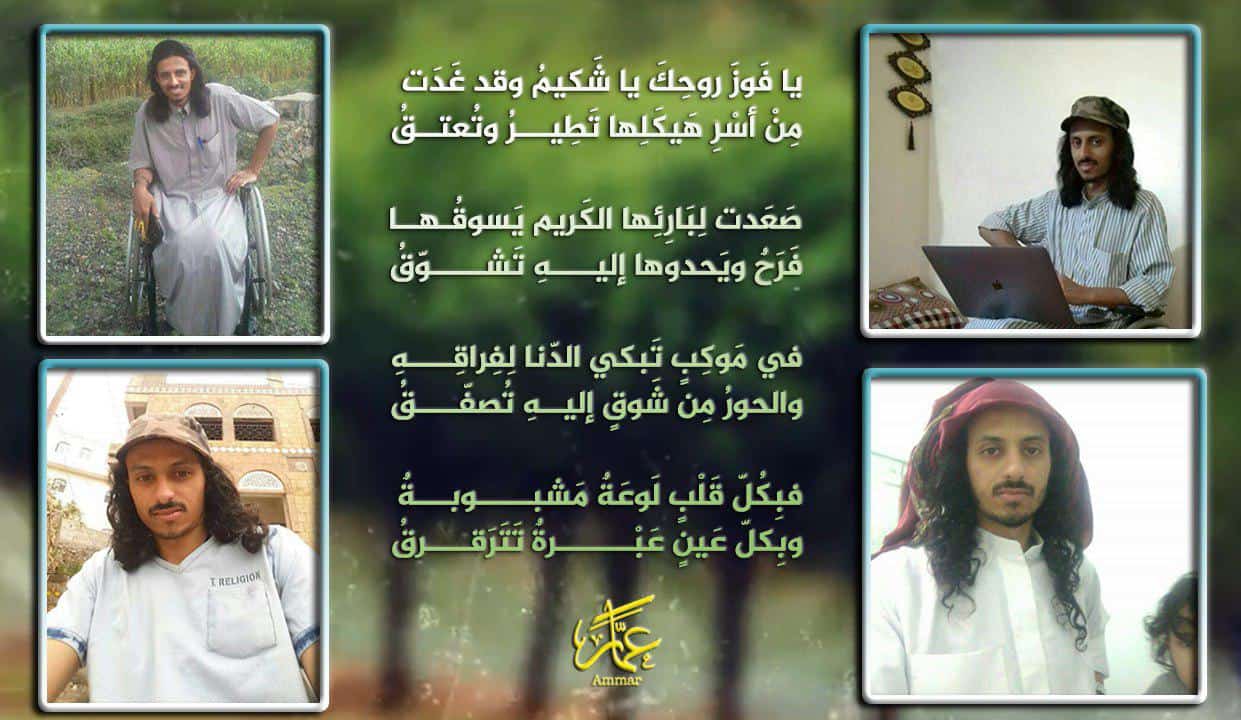
Pro al Qaeda jihadists reported on social media that Abu Hajar al-Makki, an Al Qaeda in the Arabian Peninsula (AQAP) propaganda official, was killed in a US drone strike earlier this week. The US has been targeting AQAP’s propagandists throughout the year and has also done so in the past.
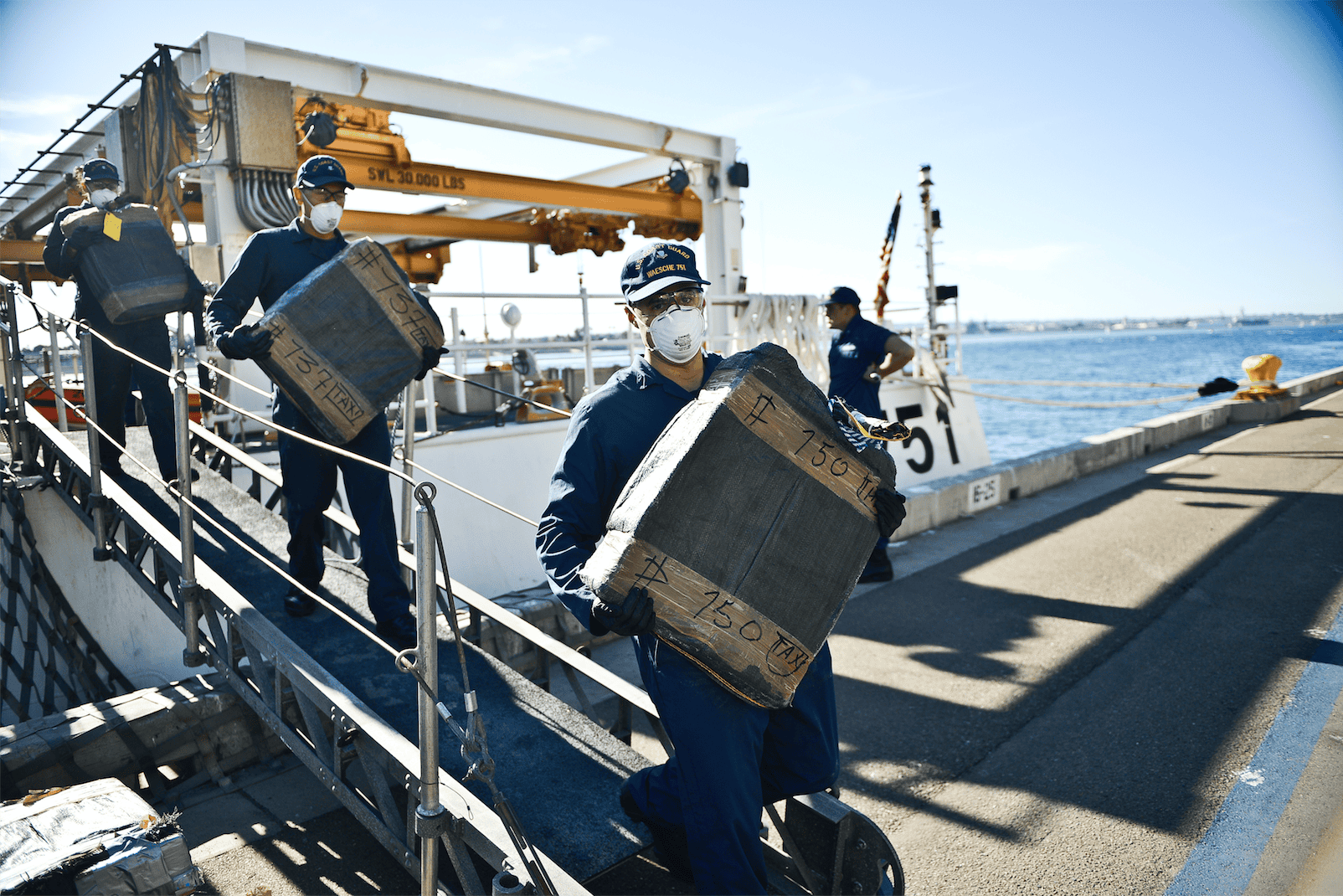
Iranian-backed Hezbollah is leveraging its growing global network to launder huge amounts of money, traffic weapons, and engage in a long list of illicit activities that are increasingly overlapping with the work of Latin American narcos.
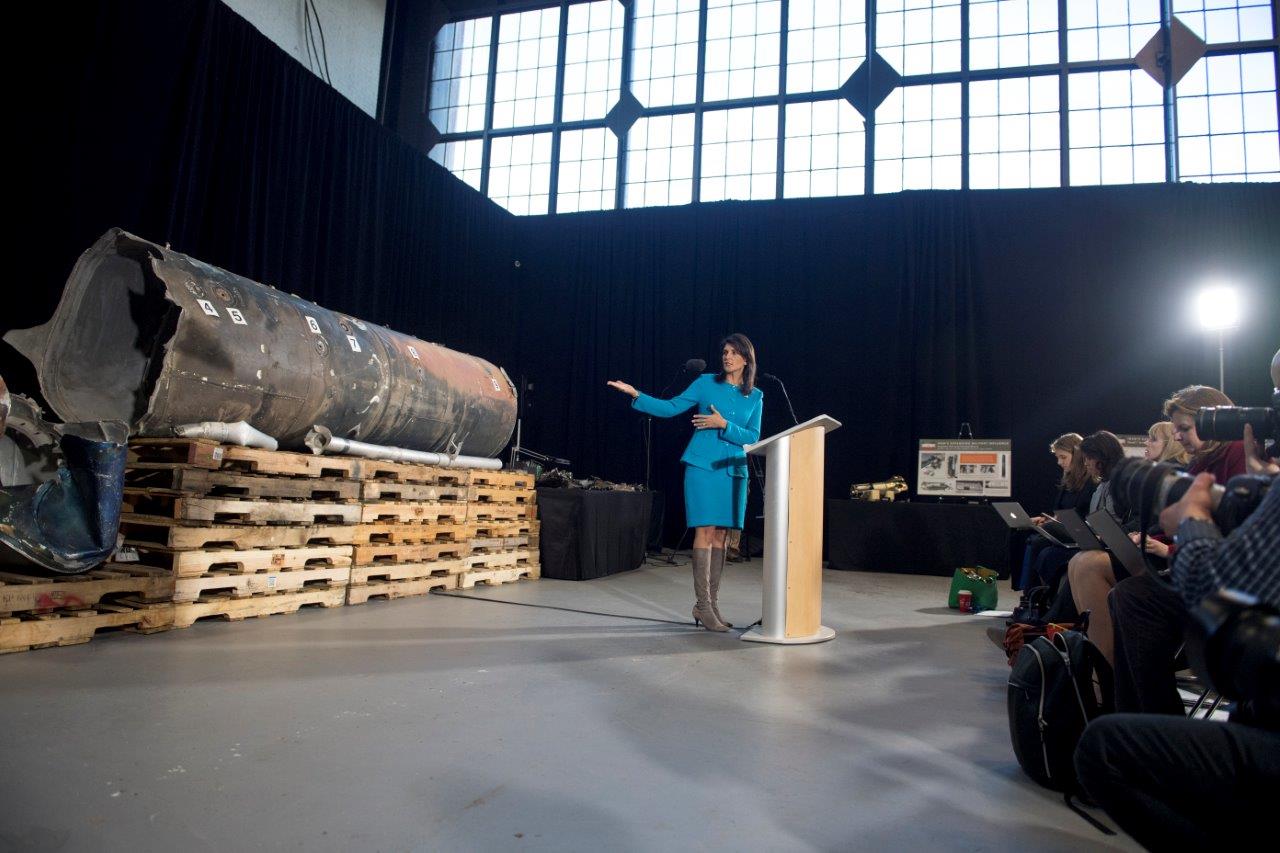
The Houthis claim the missile used was a Burkan-2H, which recent evidence suggests is Iranian-supplied.
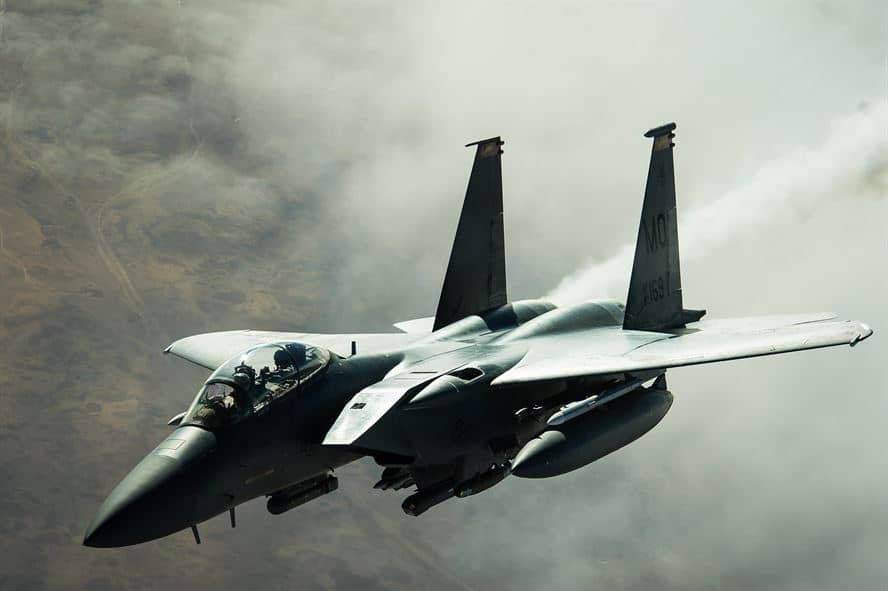
The attack killed eight Shabaab fighters and destroyed one vehicle, according to the AFRICOM press release.
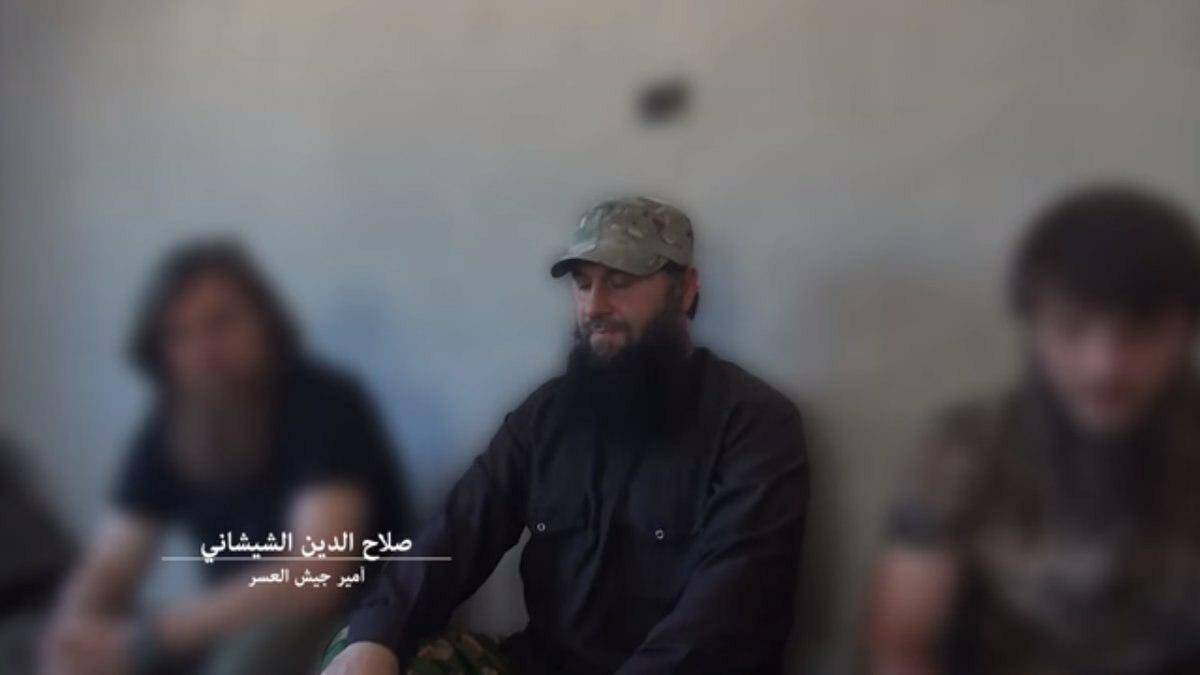
The well-known Chechen jihadist commander was reportedly killed in the northern Hama countryside. Several prominent jihadists in Syria have already eulogized him, including his former group.
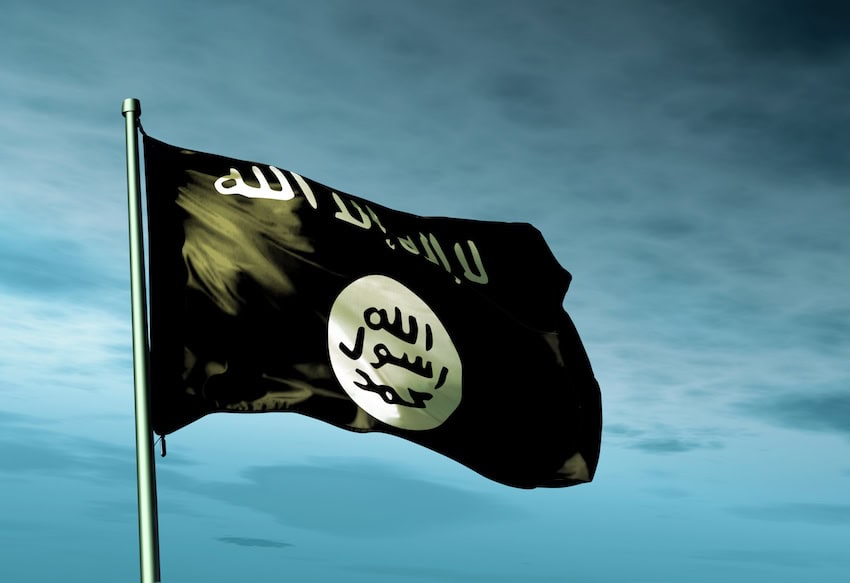
Zoobia Shahnaz allegedly defrauded financial institutions as part of a scheme to fund the Islamic State. She is also accused of seeking to join the so-called caliphate this past summer. Shahnaz was stopped for questioning at JFK International Airport on July 31, but not arrested until this week.
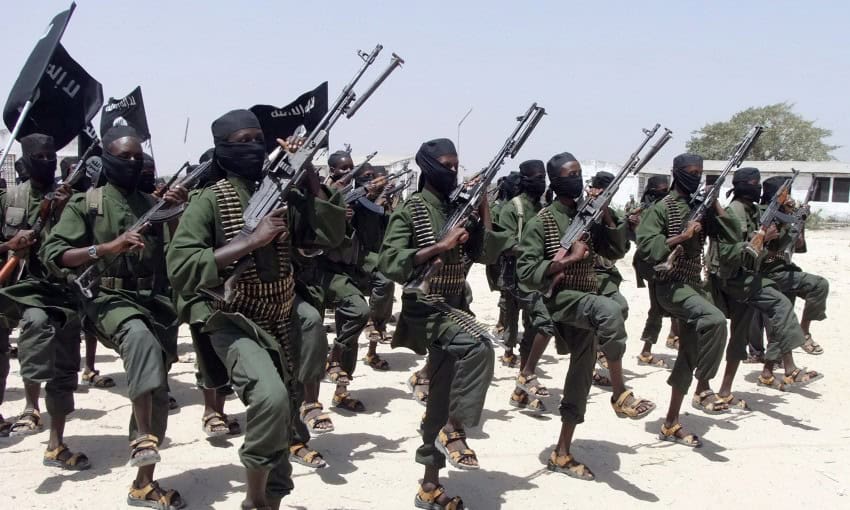
The explosion, which took place as Somail police were parading, killed at least 18 people and wounding at least another 15. Shabaab claimed credit for the attack.
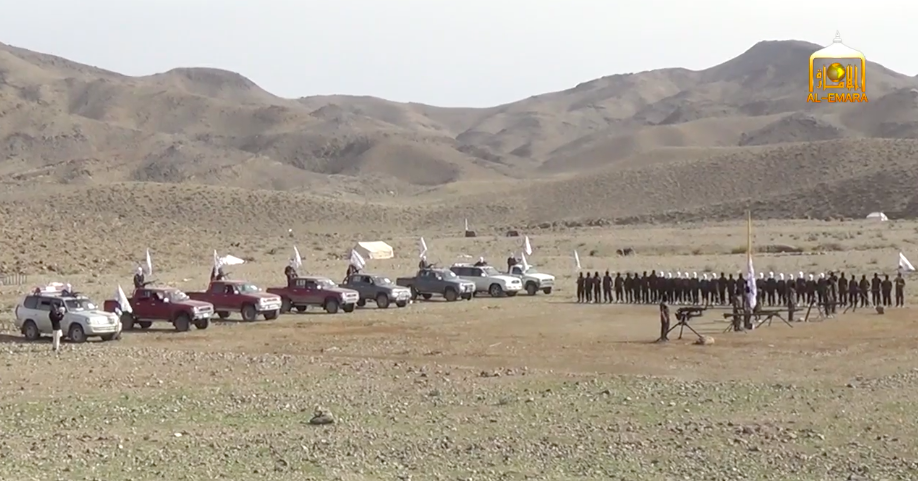
The video is the latest in a series of propaganda that promotes Taliban units and the network of training camps.
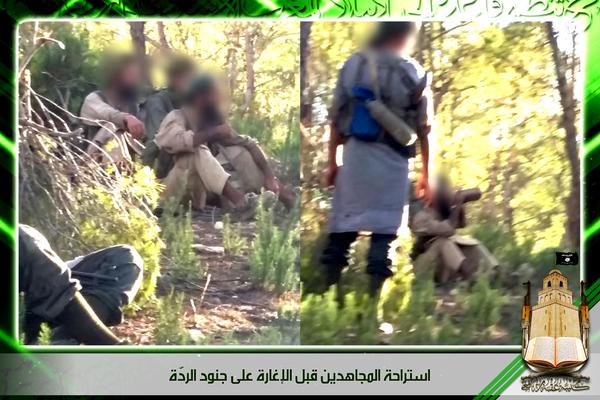
Yesterday’s claim was just the second released by the group this year. However, al Qaeda Tunisian branch has continued to harass both the local security forces and the local population.

The US military has launched 32 strikes in Somalia since the beginning of 2017, more than doubling last year’s total of 15.
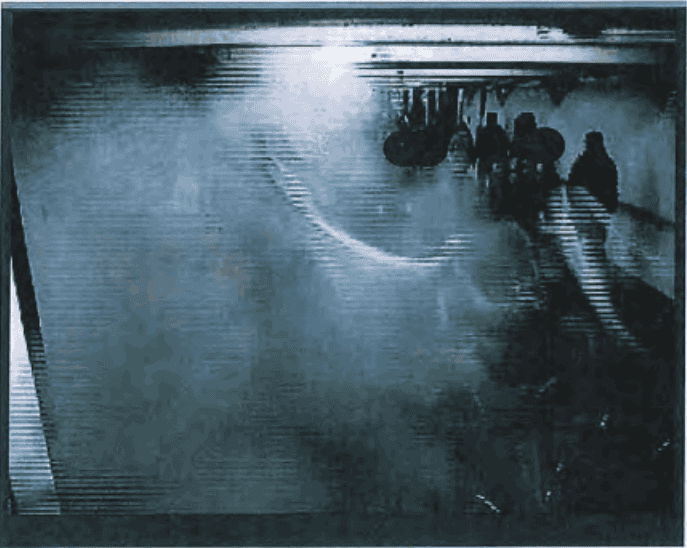
“I did it for the Islamic State,” Akayed Ullah, who is charged with carrying out the failed bombing in Times Square yesterday, allegedly told authorities.
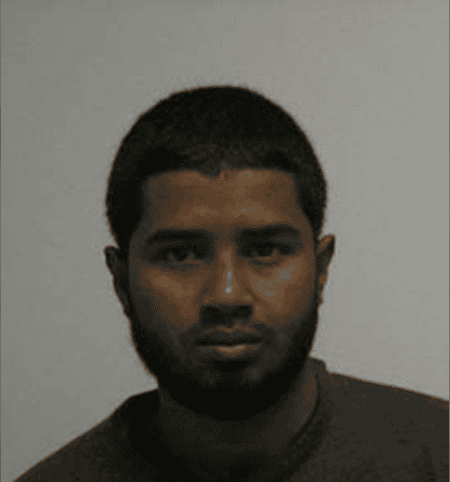
Akayed Ullah, a 27-year-old man from Bangladesh, attempted to detonate an improvised explosive device in midtown Manhattan earlier today. No one was killed in the failed bombing, but several people suffered minor wounds. Jihadists have repeatedly targeted New York City since the 9/11 hijackings.
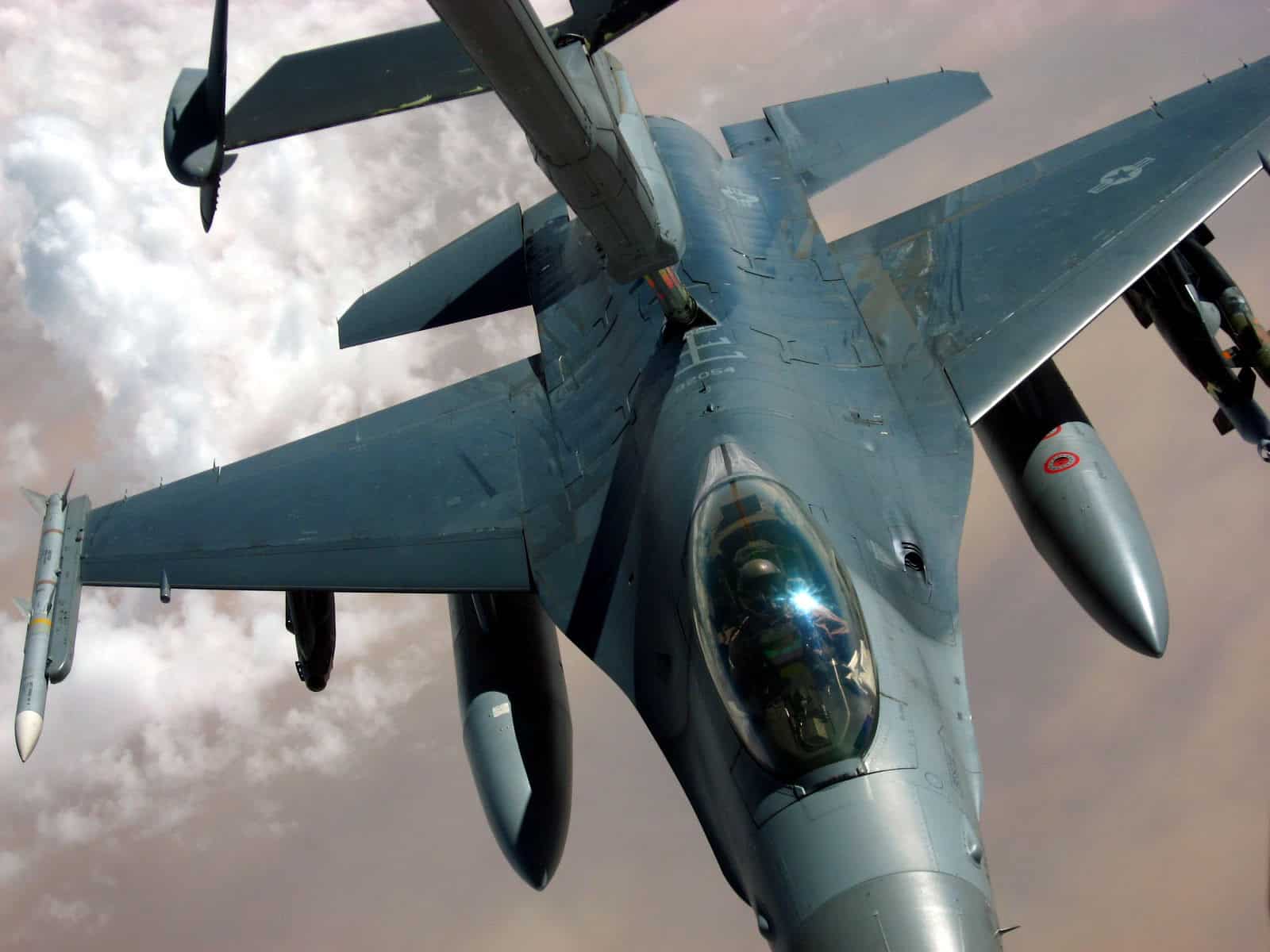
While announcing the strike, US Central Command provided a rare look into the targeting of AQAP’s network. Until now, the US military had provided few details on its efforts during 2017 to defeat the al Qaeda branch.

Al Qaeda’s general leadership and regional branches have released statements denouncing the US decision to recognize Jerusalem as Israel’s capital.

F/A-18 Super Hornets, flown from a US Navy aircraft carrier, targeted and destroyed the Taliban drug labs in Helmand province.
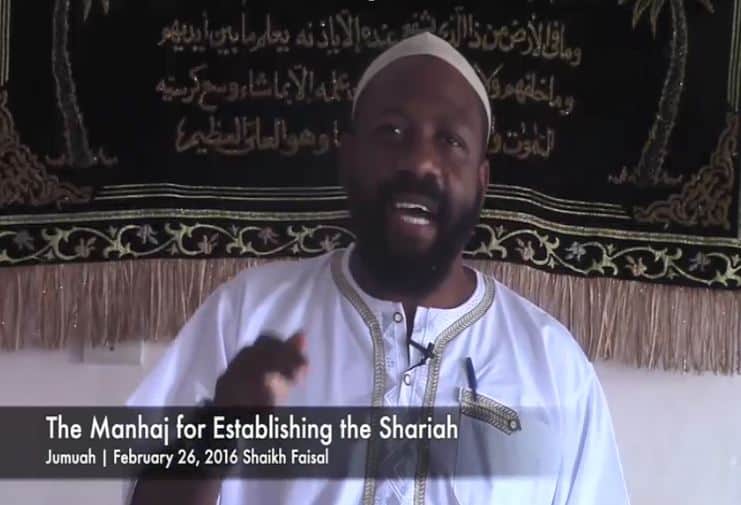
The US Treasury Department has designated Abdullah Ibrahim al-Faisal, a Jamaica-based Islamic State recruiter, as a terrorist. Faisal has “influenced” a number of terrorists since 2001, according to Treasury.
At the strategic level, if Iran’s provision of ballistic missiles to the Houthi rebels is confirmed, it could be seen as an indicator Tehran’s increased tolerance for risk in a distant conflict theater, one which has sought to weaken Saudi Arabia by any means possible.

Mullah Shah Wali, the leader of the Red Unit’s forces in Helmand , was killed in a US airstrike in the Taliban-controlled district of Musa Qala. The Red Unit has served as the Taliban’s shock troops and special forces.
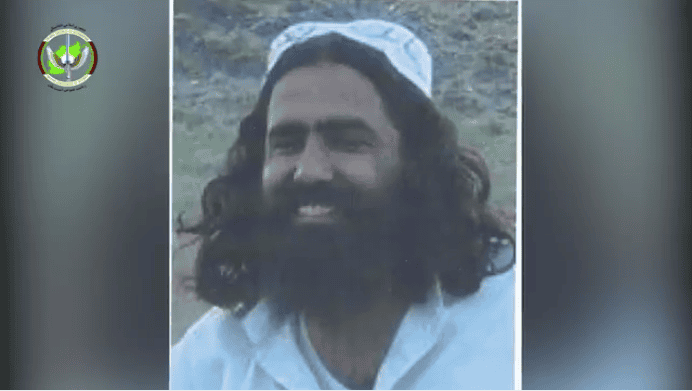
US and Afghan forces have targeted al Qaeda operatives in at least three Afghan provinces in recent weeks. One of the jihadists killed has been identified as Omar Khetab, the deputy leader of Al Qaeda in the Indian Subcontinent (AQIS). Khetab and other AQIS operatives have been supporting the Taliban’s insurgency.
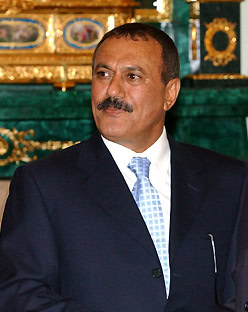
The assassination of former Yemeni president Ali Abdullah Saleh follows a strain in the opportunistic cooperation between his forces and the Houthis.
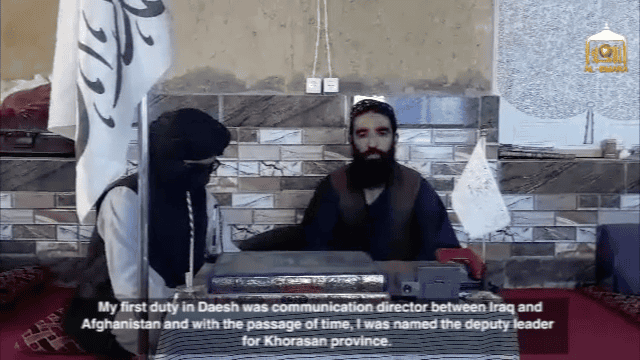
The Taliban is touting the defection of Mullah Abdul Razzaq Mehdi, the purported “deputy” of the Islamic State’s Wilayah Khorasan. The Taliban is using his testimony to undermine the will of its jihadist rivals inside Afghanistan. But in so doing, the group reveals just how similar the two often are.
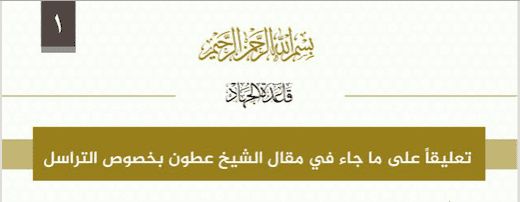
A jihadist known as Abu Abdullah has responded to claims made by a senior Hay’at Tahrir al Sham figure. Abu Abdullah identifies himself as al Qaeda’s “external communication officer,” a previously undisclosed position, and says that al Qaeda’s senior leaders are able to communicate with their representatives around the globe on an “almost daily” basis.